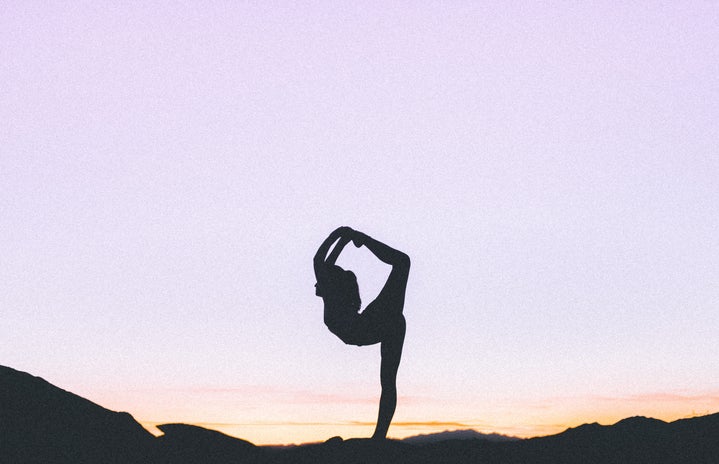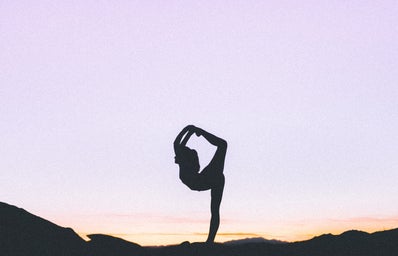Mindfulness is defined as “the basic human ability to be fully present, aware of where we are and what we’re doing, and not overly reactive or overwhelmed by what’s going on around us” according to the non-profit organization Mindful (“What is Mindfulness?”, 2014).
“Mindfulness also refers to the cultivation of this basic human ability through methods, including meditation, mindful movement, mindful eating, and others. We call this ‘mindfulness practice’ to distinguish it from the basic ability” (Barry Boyce, 2018).
Photo courtesy of Mindful (mindfulness.org)
Some days, I am so focused on completing tasks that I lose touch with what really matters to me. When the never-ending task list of life demands my attention, I prioritize eliminating my stressors that have obvious solutions. Writing that email, pulling an all-nighter, turning in an essay; These painstaking chores are solutions because once they are out of my hands, my stress has no reason to linger. It seems like pretty basic cause and effect, right?
Cause: Erin is assigned a paper due tomorrow. Effect: Erin is stressed about her paper. Cause: Erin writes her paper and turns it in. Effect: Erin’s stress goes away.
I would love if this perfectly logical explanation worked in real life…Who doesn’t love a problem with a clear-cut solution? But the reality of the scenario is, once my stressor is eliminated, the stress does not disappear… I still feel it on my body and in my thought processes. It affects how I am able to connect to the world.
Photo by the author
I’m not a perfect human being. I have found that to “be”: to be in right relationship with people I care about, to be connected to myself, and to be aware of my place in the world, often requires more effort and intention than choosing to “do”, to accomplish a task.
Soon after starting college, I realized that like a lot of people my age, students, workaholics, and people trying to get by, I focus much of my energy on one thing and not the other, doing, not being. Even though I recognized this, which itself was one significant step in being self-aware, I didn’t immediately understand why this was a problem. It took lots of thinking and practices in mindfulness to see the ways it was manifesting in my life, offering me only bandage solutions to a long term problem. Not only was excessively doing not helping me: It was also simultaneously damaging myself, more specifically, my self, which is the only constant in my life. It is the only constant thing keeping me alive.
So, what can you learn from me, sharing my experience? You may be thinking, “Cool, but what does this have to do with me?” I can’t offer you hacks for productivity and recipes for strongly caffeinated beverages to help you Get. Shit. Done. and cross off the fifty million items on your pastel pink To-Do list from hell. (@ me, I have all that stuff, too. I’m complicit in recovery). If you take away anything from my experience, and no matter how far you think you’ve come on your journey, I hope that you open yourself up to the possibility of protecting your self. I hope you try lots of new things, and find what practices work for you. (And what practices don’t. And feel okay with it. Because we are not one size-fits all, we are individuals.)
Photo by the author
Mindfulness definition here
Barry Boyce, mindfulness definition here



